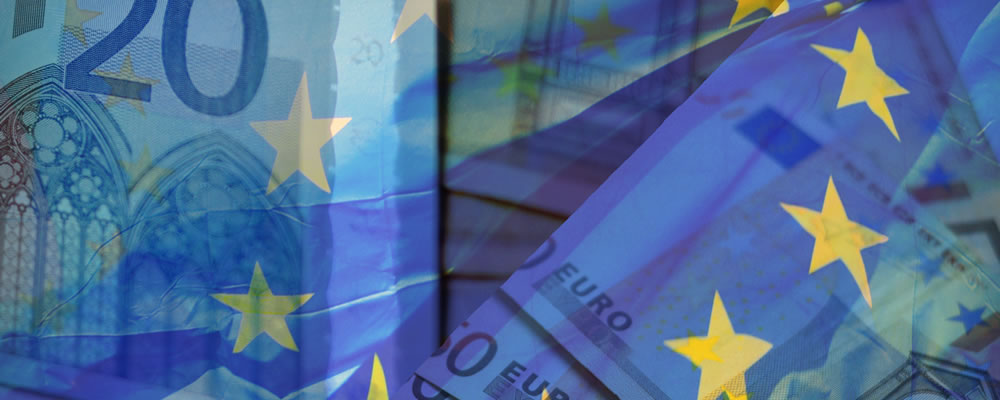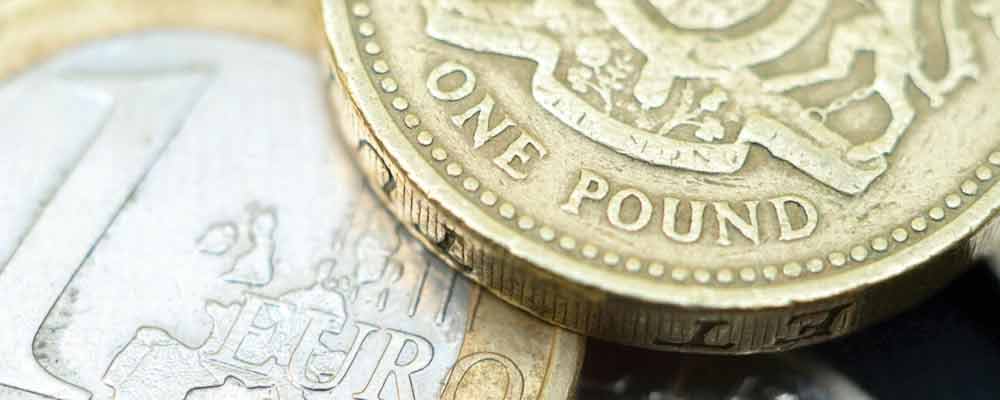- UK vote for Brexit causes GBP EUR, GBP USD collapse – Markets had expected ‘Remain’ victory
- Traders flee Pound, Euro for safe-haven assets – US Dollar gets major boost on risk-aversi
- Bank of England pledges £250 billion additional liquidity – Markets calm a fraction
- GBP EUR, GBP USD exchange rate forecast – ‘Brexit’ to continue dominating market sentiment
Petition to Hold 2nd Referendum Gathers Momentum
As the ramifications of the UK’s decision to leave the EU became known, with Pound Euro and Pound US Dollar exchange rates falling and key political figures resigning their posts, news outlets began to report on a number of growing number of ‘Leave’ voters who know feel ‘Bregret’ over their choice.
A petition to hold a second referendum also began gathering momentum, receiving 3 million signatures by Sunday morning.
By Monday a series of resignations from Labour’s Shadow Cabinet and ongoing concerns relating to the Conservative Party leadership saw the Pound fall further still.
The Pound Euro exchange rate dropped to a low of 1.2089.
(Previously updated 08:00 26/06/2016)
Right up until the first few results were announced very early Friday morning, markets had been confident in a ‘Remain’ victory, boosting GBP EUR, GBP USD. Things quickly changed, however, with the ‘Leave’ campaign extending a lead of half a million votes by 3am.
Pound (GBP) Exchange Rates Collapse as UK Chooses ‘Brexit’ in EU Referendum
The UK shocked the markets on Friday after the referendum vote results showed a marginal victory for the ‘Leave’ campaign, with 17,410,742 votes compared to 16,141,241 held by ‘Remain’. The latest polls, including those released on Thursday while the vote was taking place (although they were not exit polls), had pointed to a victory for ‘Remain’, as had betting odds and the market’s demand for risk-assets.
The Pound soon dropped against the US Dollar and the Euro after Sunderland showed more ‘Leave’ votes than anticipated. Later, when the votes confirmed a ‘Leave’ victory, GBP slumped by the greatest amount in a single day on record, beating even 1992’s ‘Black Wednesday’ when the UK tumbled out of the Exchange Rate Mechanism (ERM).
ETX Capital Head of Trading Joe Rundle explained;
‘Leave’s victory has delivered one of the biggest market shocks of all time. The Pound has collapsed to its lowest level in over 30 years, suffering its biggest one-day fall in living memory. Panic may not be too strong a word – the Pound could have further to go over the next couple of days as markets digest the news. It’s fair to say we’ve never seen anything like it and the chances are markets will remain highly volatile over the coming hours and days.’
Throughout the day, further developments unsettled investors. Prime Minister David Cameron resigned from his post, despite having previously claimed he would stay on regardless of the result and a letter from 85 pro-‘Brexit’ MPs urging him to stay in the post no matter what happened. Two Labour MPs tabled a motion of no confidence in Jeremy Corbyn. Nicola Sturgeon announced that the Scottish government would prepare fresh legislation to trigger a second Scottish independence referendum, with leading political figures in Northern Ireland demanding a referendum also.
Amongst all this the Bank of England (BoE) declared it would provide an additional £250 billion in liquid assets to help keep the markets solvent.
By the end of Friday’s European session the Pound was holding losses of -4.5% against the Euro and -6.5% against the US Dollar.
Euro (EUR) Exchange Rates Tumble as ‘Brexit’ Vote Raises Questions over European Fate

Markets may have been scrambling for safe-haven assets, but only the Pound’s cliff dive allowed the Euro to trend bullishly against it. Elsewhere, the common currency slumped verses the majors, with particularly large losses recorded against the Swiss Franc (CHF), the US Dollar and the Japanese Yen (JPY).
The future of the European Union was shrouded in uncertainty as the leaders of nationalist groups in member states including France, Italy and Sweden congratulated the UK on voting to separate. The figures also expressed a desire for similar votes to be held in their countries. Fears of a chain reaction splitting apart the European Union dominated market sentiment, keeping the Euro weak.
However, according to European Parliament President Martin Schulz, fears were unfounded;
‘The chain reaction being celebrated everywhere now by Eurosceptics won’t happen. Britain has just cut its ties with that market. That’ll have consequences, and I don’t believe other countries will be encouraged to follow that dangerous path.’
EU leaders were united in their call for the UK to trigger Article 50 and initiate the withdrawal process as soon as possible, dashing the hopes of people like Boris Johnson, who used his victory speech to claim there was no rush to leave the EU now that the referendum had been won.
The Euro hit a two-and-a-quarter year high against the Pound during Friday’s London session, while falling to a four-month low verses the US Dollar.
Frenzied Safe-Haven Demand Sends US Dollar (USD) Exchange Rates Storming Ahead
The US Dollar saw massive appreciation as markets deserted higher-risk assets. The US S&P 500 stock index dropped -2.2% upon opening, the Australian ASX closed -3.1%, with -AU$50 billion from the value of Australian stocks. Commodities declined as well, with crude oil falling around -4.3%, while safe-haven gold climbed.
President Obama put out a statement reaffirming the special relationship between the US and the UK, stating;
‘The people of the United Kingdom have spoken, and we respect their decision. The special relationship between the United States and the United Kingdom is enduring, and the United Kingdom’s membership in Nato remains a vital cornerstone of US foreign, security, and economic policy.’
The US Dollar extended gains of 2% against the Euro and 6.8% against Pound Sterling.
GBP EUR, GBP USD Exchange Rate Forecast: Market ‘Brexit’ Volatility far from Over
While there is data on the calendar, including high tier US and Eurozone data, market sentiment is most likely to continue revolving around the ‘Brexit’, with the fallout from the vote promising significant volatility over the coming days.



